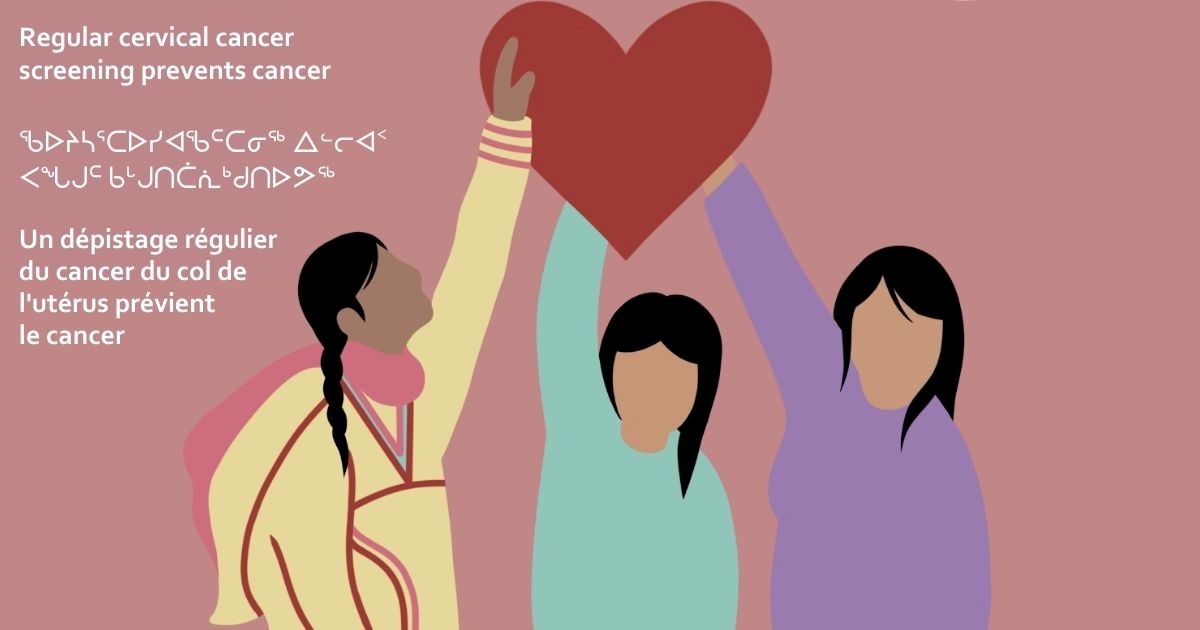Have you been screened for cervical cancer?

What is the human papillomavirus (HPV)
The human papillomavirus (HPV) is a very common infection that primarily spreads through skin-to-skin sexual contact. There are more than 100 types of HPV, some of which can cause precancerous lesions and, in the long term, lead to cervical cancer. Although condoms reduce the risks of transmission, they do not provide complete protection, as the virus can spread through uncovered areas.
Why is screening important?
Regular screening for cervical cancer is an important part of preventing this disease. Regular screening enables early detection of cancerous or precancerous cells, which means fewer treatments, less recovery time, better chances of survival and better overall health in the long term.
At present, the Pap test is used for cervical-cancer screening. This test enables detection of abnormal cells in the cervix, before they become cancerous. The test is recommended every two to three years, according to your health professional’s recommendations.
Screening is recommended for individuals who:
- are aged 25 to 65 years;
- have a cervix;
- have already been sexually active.
Upcoming
A new provincial program is being deployed to introduce the HPV-screening test as primary screening method. This test, which is simpler and faster, will allow for a five-year interval between screening tests for the majority of admissible individuals. Information on this topic will be sent to you once the changes are made in the region.
